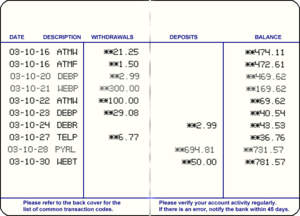By Jared Allen and Jackie Kucinich Posted on The Hill Blog: 09/19/08 02:13 PM [ET]
Congressional budget writers are already starting to worry that the massive federal government bailout of Wall Street could have drastic repercussions on how the government spends money next year and beyond, regardless of the make-up of either end of Pennsylvania Avenue.
Rep. Jim Cooper (Tenn.), a senior Democrat on the House Budget Committee, as well as a former investment banker, stressed that the moves by the federal government to prop up the financial markets are positive and necessary. Still, the investments — just because of the sheer dollar amounts involved — could freeze Congress’s ability to spend money on a host of things well into next year and beyond, he added.
“This cripples the domestic policy priorities of the next president, whoever it is, because it soaks up so much cash,” said Cooper, a senior Democrat on the House Budget Committee and a former investment banker. “In the long term, it is good news because it will encourage better behavior from everyone.”
Treasury Secretary Henry Paulson said Friday the measure would cost “hundreds of billions” of dollars.
"Don't assume there will be revenue next year when we do this,” said Rep. John Campbell (Calif.), a Budget Committee Republican, former CPA and member of the conservative Republican Study Committee who supports the Treasury proposal.
"I mean, we are talking what I think could be a half-trillion dollars," Campbell said, adding that while it’s hard to say to what exact impact the bailout will have on the budget, there will be widespread pressure to keep federal spending low.
House Budget Committee spokesman Charles Fant said the committee and its chairman, Rep. John Spratt (D-S.C.), are already looking into the effect of so much money being committed to Wall Street.
“The Budget Committee and CBO are already trying to address this,” Fant said. “It’s complex and the answers may not be known for weeks, but we are holding a hearing on Sept. 26 on this topic.”
Democratic Budget aides did say, though, that they do not see a significant winding-back of the budget being necessary.
“We’re not going to be talking about taking people’s Social Security checks away,” and aide said.
 Image via Wikipedia
Image via Wikipedia![Reblog this post [with Zemanta]](http://img.zemanta.com/reblog_b.png?x-id=fc4112c0-36fc-4838-9d0b-e87652d39ca9)